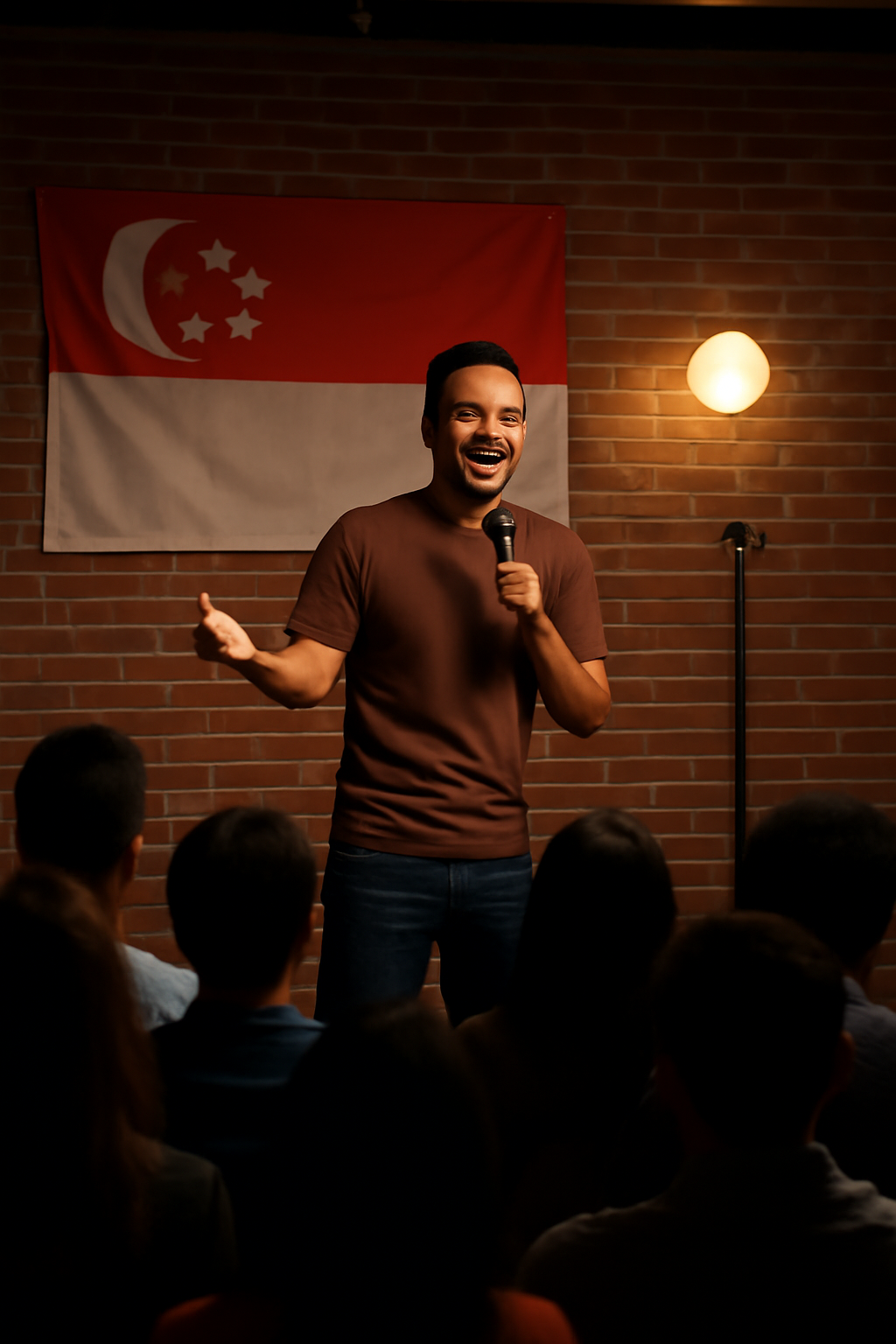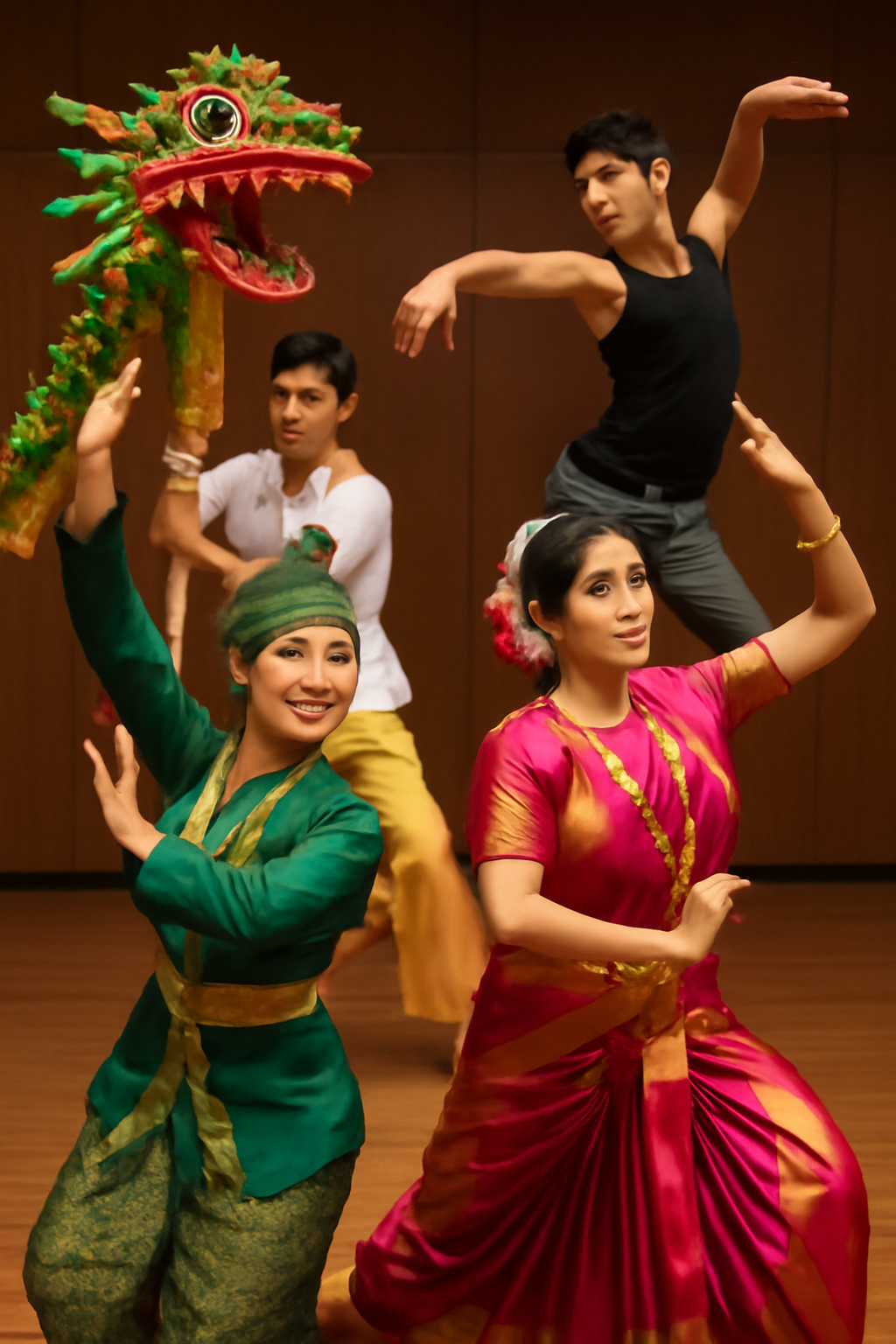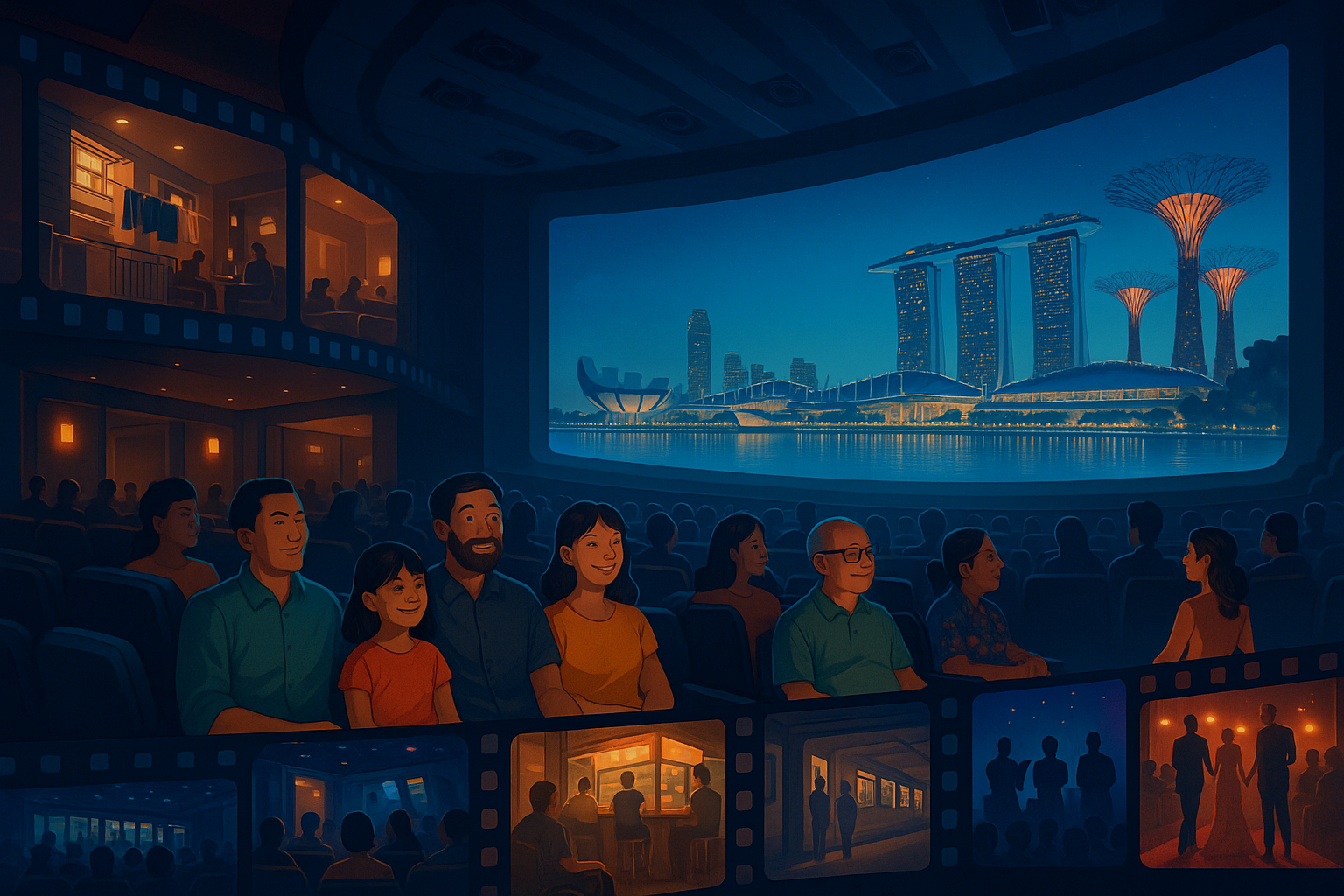
Singapore’s entertainment scene has witnessed a surge in stand-up comedy over the past two decades. What was once a fringe activity is now a thriving industry, contributing to the country’s cultural landscape. Stand-up comedy has not only entertained audiences but has also sparked social conversation, offering fresh perspectives on everything from politics to cultural identity. This article delves into how stand-up comedy has revitalized the entertainment world in Singapore, fostering local talent and offering new forms of entertainment for all.
Emergence of Stand-up Comedy in Singapore
The origins of stand-up comedy in Singapore date back to the late 1990s when it was introduced by expatriates and a few brave local comedians. Unlike traditional comedy performances that focused on slapstick or situational humor, stand-up offered a more personal and often edgy form of entertainment. However, stand-up comedy was initially met with some skepticism, as it differed greatly from the more conservative comedy seen on local TV programs.
In the early 2000s, venues like The Comedy Club Singapore began to host international comedians and local talents. These platforms became crucial for building the local stand-up scene, encouraging young and emerging comics to take the stage. Local comedians such as Hossan Leong and Kumar played pivotal roles in shaping the comedy landscape, with their ability to inject Singaporean nuances into their performances while appealing to a broad audience.
Stand-up Comedy as a Platform for Social Commentary
One of the standout features of stand-up comedy in Singapore is its role as a medium for social commentary. Comedians often use humor to tackle sensitive issues, making it easier for audiences to engage with complex topics like politics, race relations, and governmental policies. The ability to laugh at what might otherwise be uncomfortable subjects has allowed stand-up comedy to become a tool for reflection and discussion.
Comedians such as Fakkah Fuzz and Jinx Yeo have been particularly adept at blending humor with insightful observations about Singapore’s multicultural society. Fuzz’s comedic exploration of race and ethnicity, particularly his portrayal of various cultural stereotypes, helps bring attention to issues that might otherwise be ignored. Yeo’s commentary on the quirks of living in Singapore resonates with audiences who identify with his dry humor and honest reflections on everyday life.
Global Influence on Local Comedy
Singapore’s stand-up scene has been shaped not just by local comedians but also by the influence of international comedic acts. As more world-renowned comedians like John Oliver, Louis C.K., and Bill Burr performed in Singapore, they brought with them diverse comedic styles that have further enriched the local scene. This exposure has encouraged local comedians to experiment with new formats, topics, and delivery techniques, pushing the boundaries of traditional comedy.
The growth of online streaming platforms, such as Netflix, has also had a significant impact on the development of comedy in Singapore. With access to a global selection of comedians, audiences in Singapore now have a broader understanding of what comedy can encompass, whether it’s observational, absurd, or satirical humor. This wider variety of comedic styles has expanded the tastes of Singaporean audiences, giving rise to an appetite for more innovative and diverse comedic performances.
Stand-up Comedy as a Career
In recent years, comedy has become a viable career for many Singaporeans. As more comedy clubs and performance venues open up, aspiring comedians now have opportunities to pursue their passion professionally. Open mic events, once small and rare, have become common in venues throughout the city, providing budding comics with a platform to showcase their talent.
The rise of social media platforms like Instagram, YouTube, and TikTok has also allowed comedians to gain followers and build their brand outside traditional venues. Many local comedians now use these platforms to reach audiences who may not be able to attend live performances, allowing for a more widespread following.
The Future of Comedy in Singapore
Looking ahead, the future of stand-up comedy in Singapore appears to be bright. The continued rise of local talent, combined with the support of comedy festivals and growing audiences, suggests that the stand-up scene will continue to flourish. Singapore’s position as a cultural and entertainment hub in Southeast Asia ensures that it will remain a destination for comedians from around the world.
As stand-up comedy becomes more mainstream, we can expect further integration with other entertainment forms, including television and digital content. With increasing opportunities for comedians to collaborate with filmmakers, media outlets, and brands, comedy will continue to be an essential component of Singapore’s evolving entertainment industry.





